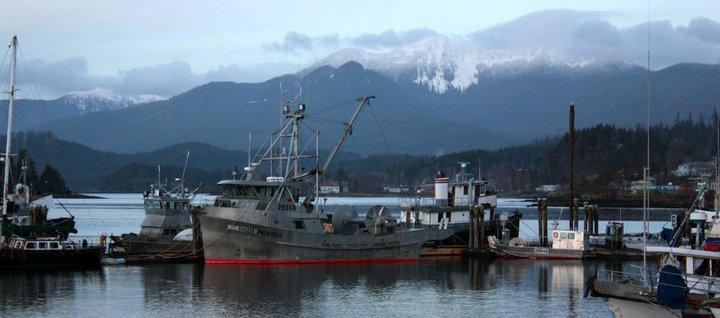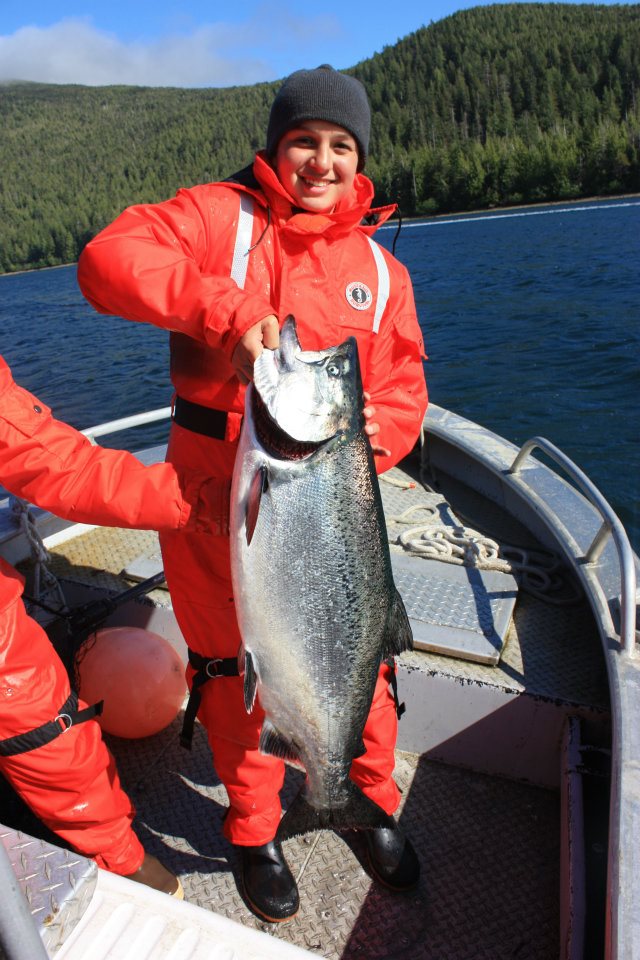A planning tool to identify management options that minimize conflicts, maximize benefits, and avoid catastrophic ecosystem shifts

Big Picture
Marine ecosystems are dynamic with many interrelated components that often interact in non-linear ways. Consequently, any one ecosystem service that humans value, such as fishery yield, is in some way connected to other ecosystem services also of value, such as water quality. In many cases the interactions among ecosystem services in a system are complex and the aggregate effect of a particular management policy on the services is non-intuitive, especially when nonlinear relationships have been identified in these systems. A comprehensive, integrated and explicit analysis of the inter-relationship among ecosystem dynamics, ecosystem service provision levels and management actions is thus important for identifying policies able to simultaneously promote sustainable, productive management of the multiple services in marine ecosystems.
Why we are doing it
Understanding the inter-relationship among ecosystem dynamics, ecosystem service provision levels and management actions help us identify policies able to simultaneously promote sustainable, productive management of the multiple services in marine ecosystems
How we are doing it
We are constructing coupled biological-economic models that take tipping points and non-linear relationships into account, and evaluating these models in an ecosystem service tradeoff analysis framework, to:
- Characterize the levels of conflict and compatibility – i.e., the tradeoffs – among multiple interacting ecosystem services in relation to alternative management actions
- Identify the set of management actions best able to minimize conflict and maximize compatibility among the sustainable, productive delivery of the ecosystem services in the system
We will focus our analysis on sets of key ecosystem services in our two case study locations, Hawai'i and Haida Gwaii.

What’s next
We are demonstrating to managers how explicit consideration of the tradeoff of among interacting ecosystem services can inform management decisions and lead to more sustainable, productive outcomes compared with one-dimensional analysis focused on a single service at a time.
Outcomes
More broadly, this analysis emphasizes the value in considering up front the complex interactions in marine ecosystems when making management decisions for promoting ocean health and human well-being. It also educates managers in how to construct and evaluate the ecosystem service tradeoff analysis framework in their system.
Lead
Crow White and Jameal Samhouri
Anticipated Completion
Fall 2016
Learn more about our other Research Activities with the Ocean Tipping Points project.
